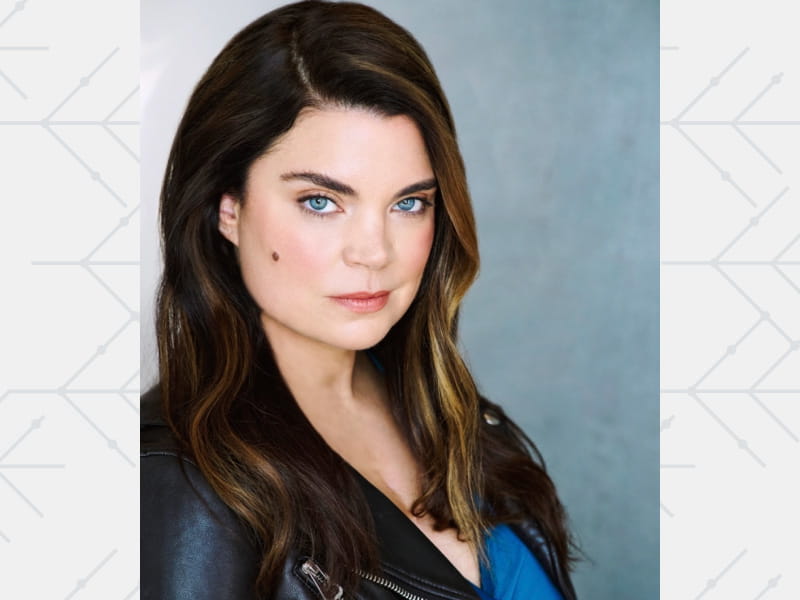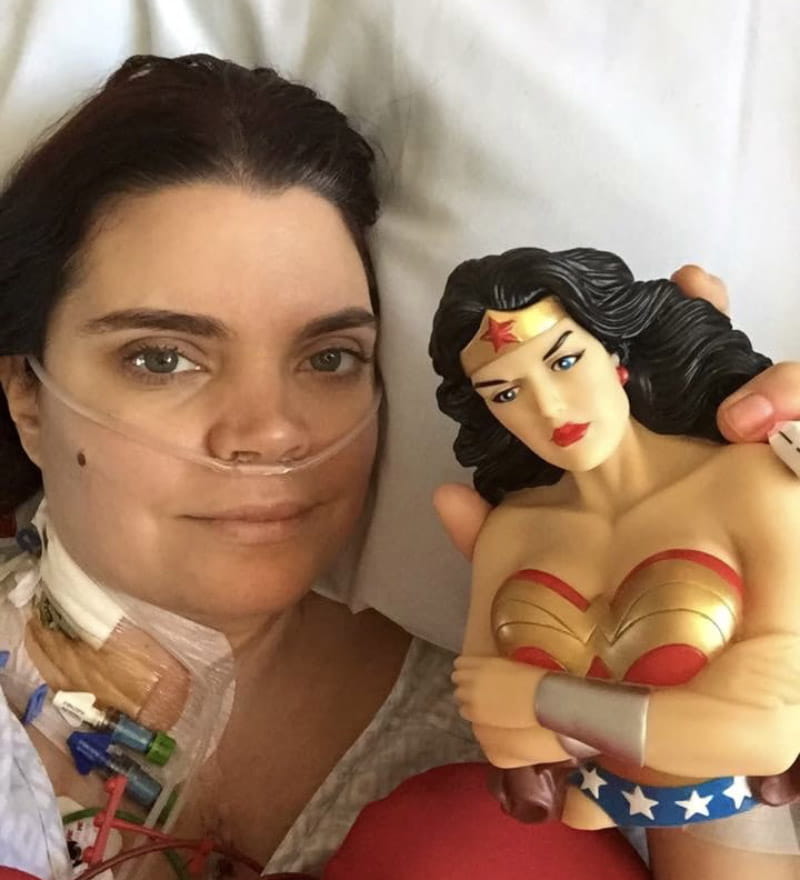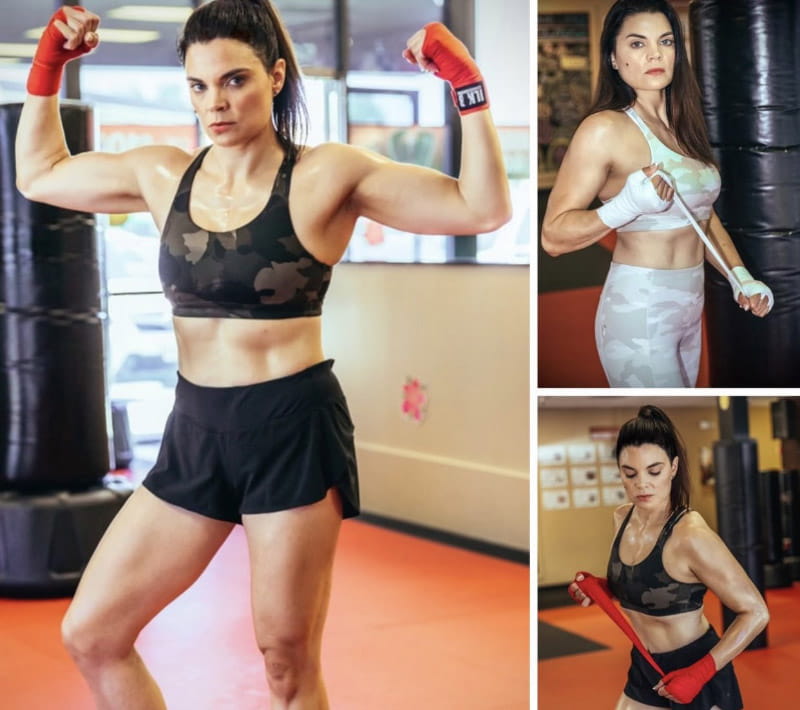Open-heart surgery was the turning point for this nurse-turned-actress
By Deborah Lynn Blumberg, American Heart Association News

As an aspiring nurse working in an emergency room, Stacy Beckly decided to get some advice about pain she was having on the left side of her chest.
Although tests showed no problems, something felt strange. Doctors said it could be anxiety.
In college, the chest pain continued. Sometimes it was so intense that she went to the ER. Again, test results were normal.
Years later, Beckly was working as a nurse practitioner in a hospital's skin and wound care department. An athlete throughout high school and college, she kept active by running 24 miles a week. She was also a mom of two boys – ages 6 and almost 1.
Two weeks before Christmas in 2014, she arrived at her California home from a stressful day of work. She cooked dinner, then started to clean. When she bent over to pick up a toy from the floor, she felt a squeezing pain in her chest. She couldn't breathe. Her left arm was weak and numb.
"You have to go to the ER," said her husband at the time, an emergency room nurse.
An electrocardiogram still showed no signs of trouble. This time, though, "I insisted something was wrong," she said. Doctors agreed to keep investigating.
They ended up discovering that she was born with a heart problem called a myocardial bridge. It means that she has a band of heart muscle sitting on top of a coronary artery instead of beneath it. Many people have this without knowing it. Others, like Beckly, can develop chest pain if the heart doesn't receive enough oxygen-rich blood because blood flow is partially obstructed.
Doctors performed a cardiac catheterization procedure to get a better look at her heart. She was deemed a borderline candidate for surgery.
She couldn't climb stairs without getting out of breath. She couldn't keep up with her high-energy sons while playing soccer. She also struggled at work.
"I need my life back," she thought at the time. "I need a higher quality of life to keep on living."
The following March, Beckly had open-heart surgery to remove the bridge and free the artery underneath. She calls it her second birthday.

She told herself that if she made it through, she would do things in life she always wanted to do but was afraid of trying. This included pursuing an acting career.
Surgery was a success. She went home four days later and decided that once she recovered, she'd leave nursing for acting.
Three weeks later, Beckly walked in a 5K benefiting a multiple sclerosis charity in honor of a family member with the condition. She was the last person to finish, but among the happiest.
"I wanted to push myself to get out," she said. "One of the biggest things for me was not getting depressed. Crossing the finish line meant I was doing something to get my life back."
Eight months after surgery, Beckly enrolled in an acting class. Then another. She found an agent and manager and started landing roles.
"My overarching goal is to inspire people," she said. "I can do that as an actor sharing stories."
For the past seven years, the now single mom has appeared as a lead in a play and in lead and supporting roles in movies. A highlight was meeting Dwayne "The Rock" Johnson when she was an extra on his TV show, "Ballers." She has also started her own production company. Meanwhile, she's also working toward a black belt in mixed martial arts.
"She's a dreamer and a doer," said Shannon Larsen, Beckly's friend and a fitness, health and wellness coach. Beckly took a fitness class from Larsen after recovering from surgery. "Stacy puts her mind to something, it clicks, and then it's game on – there's no stopping her."
When Hollywood all but shut down at the start of the pandemic, Beckly returned to nursing for a period. She had COVID-19 four times. The third time, she was hospitalized and went into respiratory failure. She developed a blood clot in her right arm, and once she finally went home, she couldn't zip her pants, write or open cans of food. Six months later, her arm has improved, but the clot has yet to fully dissolve.
Exercise has become a priority again.
She's a kickboxing coach and consultant for a health and wellness company. She's found a wellness routine that grounds her, too. She wakes up before the sun rises, meditates, does gratitude affirmations and then sunrise yoga.

Beckly also walks 2 miles a day, prioritizes time with her sons, Michael, now 14, and Ronnie, 9, and shares her story to help inspire and motivate others.
"It continues to be a journey for me," Beckly said, "but I'm a strong believer that your mindset is everything."

Stories From the Heart chronicles the inspiring journeys of heart disease and stroke survivors, caregivers and advocates.
If you have questions or comments about this American Heart Association News story, please email [email protected].





